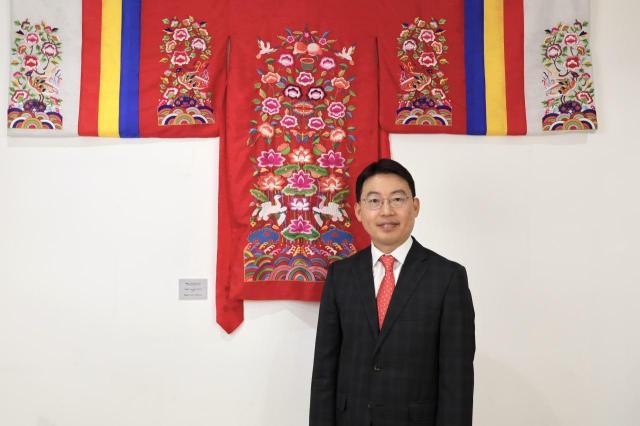
Located in Astana, the capital of Kazakhstan, the Korean Cultural Center (KCC) there has played a pivotal role in introducing Korean culture across Central Asia since 2010. As the region's first and only such center, it has provided locals with a wide range of programs that raise awareness of the northeastern Asian country, from language classes to cultural activities featuring music, food, and more.
In an interview with AJP earlier this month, Koo Bon-chul, the center's chief, said, "South Korea and Kazakhstan have maintained a close relationship since diplomatic ties were first established in 1992. The center has further boosted exchanges and cooperation between the two countries."
Among many programs the center offers, the most prominent are those related to "Koryoin," also known as "Kareiski," which refers to ethnic Koreans in former Soviet Union territories who were forcibly deported in 1937 to Central Asia, primarily Kazakhstan and Uzbekistan.
Currently, around 500,000 ethnic Koreans live across Central Asia, with approximately 120,000 residing in Kazakhstan.
The center organizes film festivals, art exhibitions, and traditional performances for both Koryoin and local communities, in collaboration with cities such as Almaty, Astana, and Shymkent, where ethnic Koreans have settled.
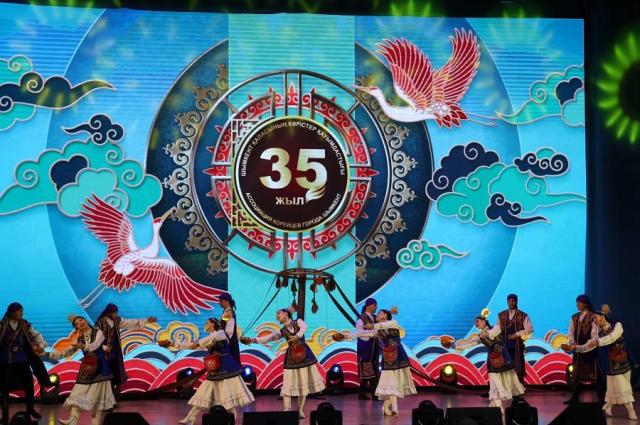
Koo particularly stressed ethnic Koreans' endurance and diligence in overcoming the hardships of forced deportation, which enabled them to disperse and settle in the uninhabited, barren areas of Central Asia, thereby shaping their distinct historical and cultural identity.
"What I really admire is that, even after all these many years, ethnic Koreans have never forgotten their roots," Koo said.
"They preserve traditional Korean culture and heritage in their daily lives, passing them down through generations. For example, they publish newspapers in Korean and run a theater showcasing Korean music, dance, and plays," he said. "It is important for the center to support and recognize their efforts."
"Ethnic Koreans have firmly established themselves as proud members of Kazakh society, with numerous individuals achieving prominence and notable success," Koo added. "Their presence is expected to further strengthen bilateral ties between South Korea and Kazakhstan."
Copyright ⓒ Aju Press All rights reserved.


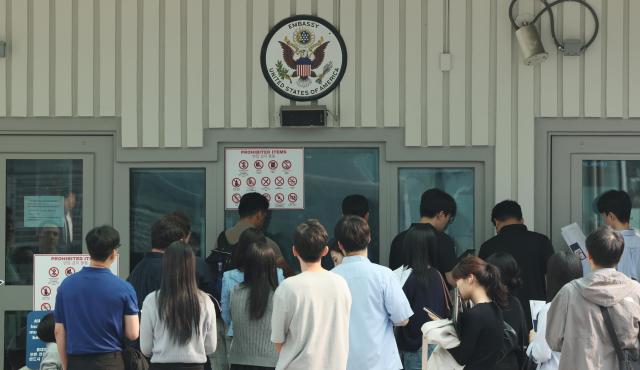
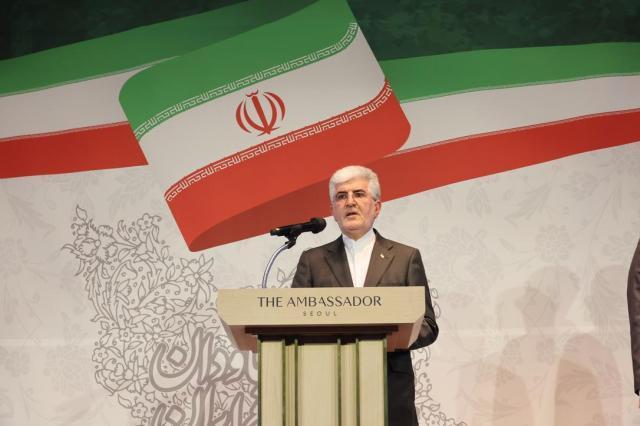
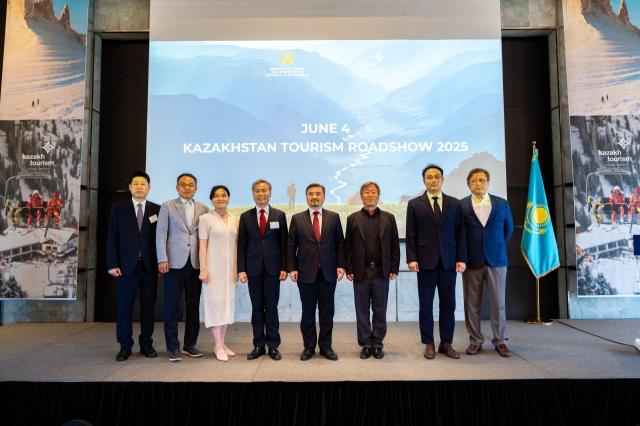
View more comments